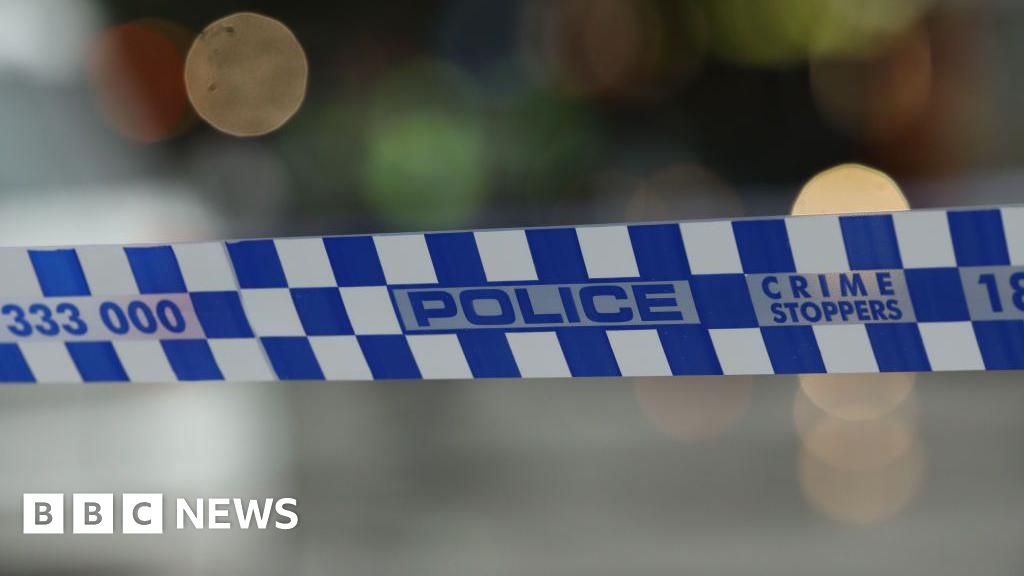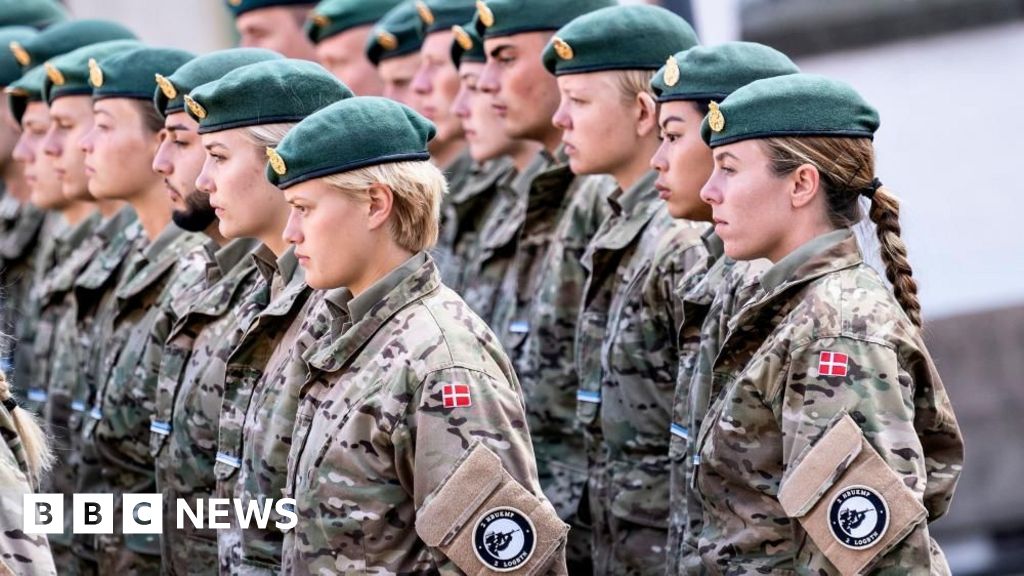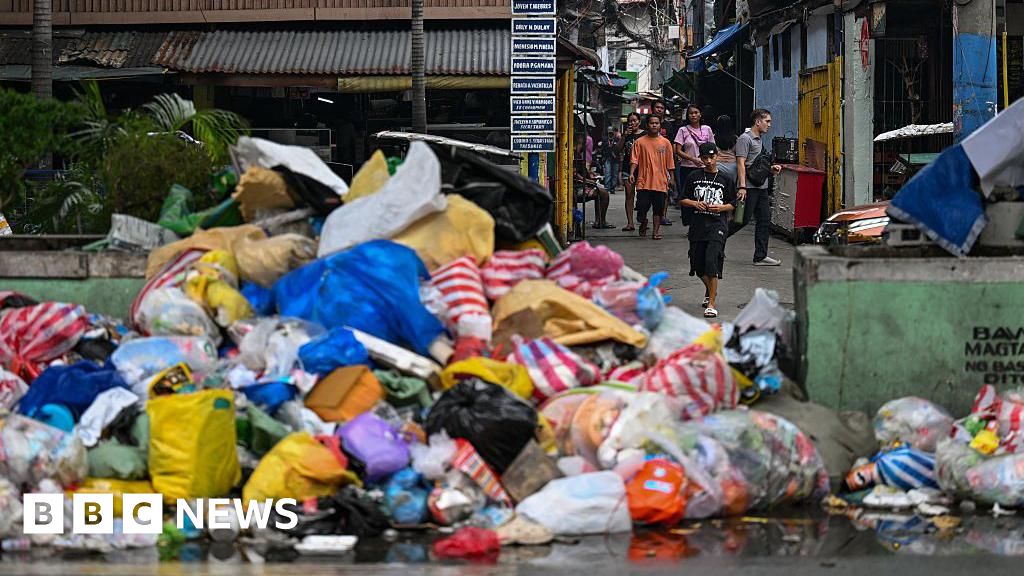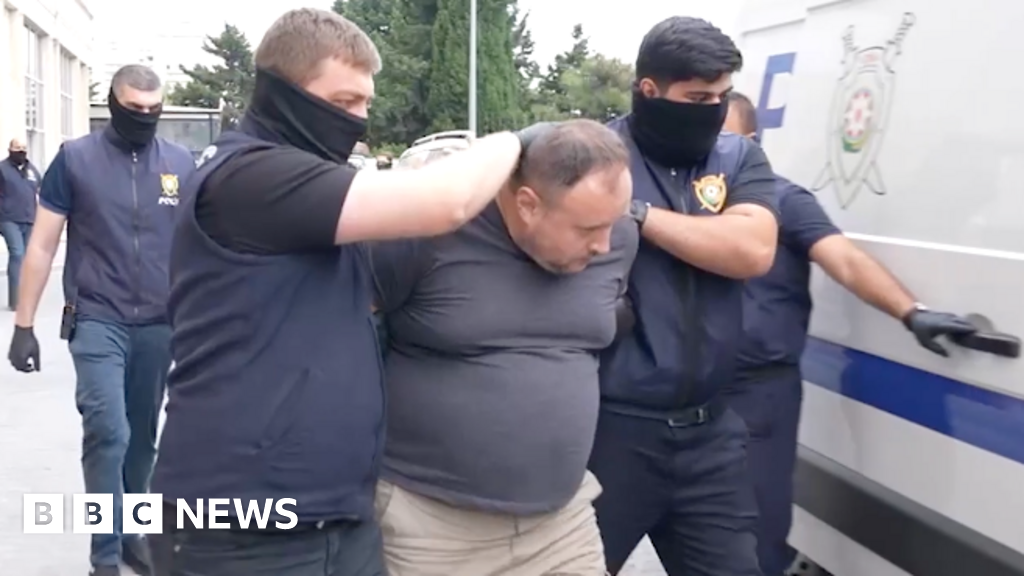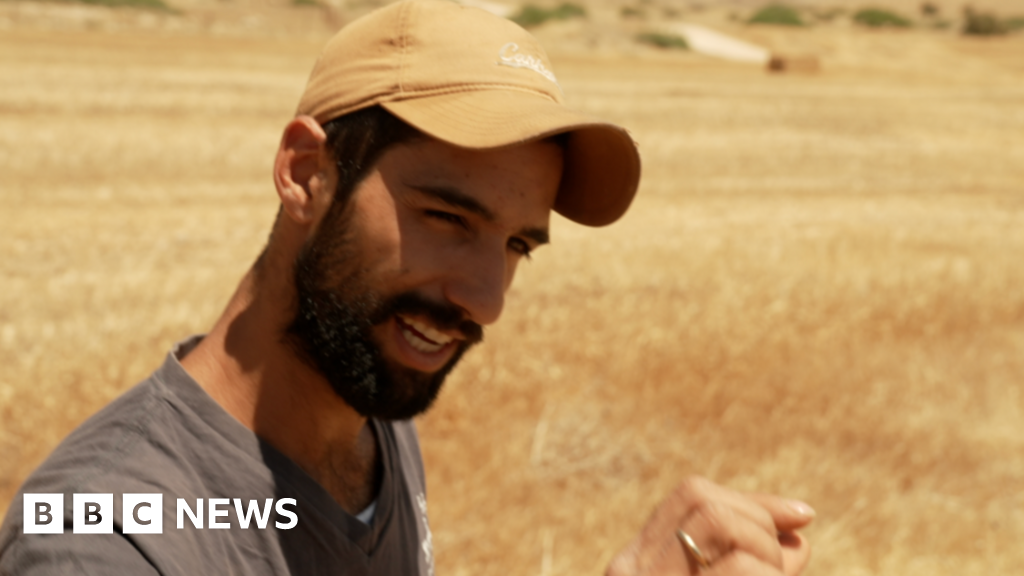A U.S.-funded charter plane carrying dozens of white South Africans who claim to have been victims of discrimination in their home country left Johannesburg on Sunday, heading for the United States, where the Trump administration is welcoming them as refugees.
The departure of the white South Africans, who say they have been denied jobs and have been targeted by violence because of their race, was a remarkable development in President Trump’s redefining of U.S. foreign policy.
Mr. Trump has halted virtually all refugee admissions for people fleeing famine and war from places like Sudan and the Democratic Republic of Congo. But he has created an expedited path into the country for Afrikaners, a white ethnic minority that created and led the brutal apartheid regime in South Africa.
The refugee process often takes years. But only three months have passed from the time Mr. Trump signed an executive order establishing refugee status for Afrikaners to the first cohort making its way to America.
Families lining up to check in for the flight on Sunday evening at O.R. Tambo International Airport in Johannesburg waved off questions from reporters, saying that the U.S. Embassy instructed them not to speak with the news media. Parents, with children in tow, pushed trolleys piled high with luggage, and spoke quietly among themselves.
One of the travelers briefly cracked a smile when asked if he would miss rugby, a favorite sport of Afrikaners, and biltong, a popular beef jerky-like snack. But the police occasionally reprimanded journalists, saying they did not want them to antagonize the Afrikaners.
In all, 49 Afrikaners were boarding the flight, according to a spokesman for South Africa’s airport authority.
While administration officials plan to celebrate the Afrikaners upon their scheduled arrival on Monday morning in Washington, aid groups, immigrant rights activists and the South African government and public have criticized the refugee initiative, saying it makes a mockery of a system devised to help the most vulnerable.
Even some leading Afrikaner activists in South Africa have said they would prefer if Mr. Trump provided support for them to build a better life at home.
The Afrikaner refugee program seems to have deepened tensions in an already strained relationship between South Africa and the United States.
While Mr. Trump has equated efforts by the South African government to undo racial inequalities created by apartheid to anti-white discrimination, South African officials have cast the granting of refugee status to Afrikaners as a politically motivated attempt to discredit the country. The Trump administration has criticized the South African government for having a close relationship with Iran and for its strong stance against Israel, including bringing a genocide case at the International Court of Justice over the war in Gaza.
But for many Afrikaners, the descendants of European colonizers who arrived in the country some four centuries ago, this moment goes beyond politics.
“No white person in their right mind would stay in this country,” said Jaco van der Merwe, 52, an Afrikaner living in Johannesburg, adding that he and his wife had been the victims of violent attacks and passed over for jobs because they are white. “I believe South Africa is finished.”
Mr. van der Merwe said he had reached out to the United States Embassy in South Africa to ask about applying for refugee status, but had not yet received a response.
The State Department said in March that it had received inquiries from more than 8,000 people. It is unclear when the government will admit more.
Much of the discontent among Afrikaners centers on their experiences in rural communities and tensions over land ownership that remain unresolved since the end of apartheid more than 30 years ago.
Many Afrikaners farm to make a living. During apartheid, the government denied Black South Africans the right to own prime agricultural land. That meant that almost all of the country’s large-scale commercial farmers were white, and that remains so to this day.
Although white South Africans make up only 7 percent of the population, they own farmland that covers about half of the country. That is indicative of a broader prosperity gap, with white South Africans enjoying much higher employment rates, lower poverty rates and more lucrative wages than their Black counterparts.
The government’s efforts to redistribute land after apartheid have largely fallen flat because of a variety of factors, including corruption, a lack of financial support for Black farmers and the inability to get enough white South Africans to voluntarily sell their land.
This year, South Africa’s president, Cyril Ramaphosa, signed into law a measure that gives the government the ability to take private property without paying compensation. Although legal experts say uncompensated seizures are subject to strict judicial review and are likely to be rare, Afrikaner community leaders have expressed fears that white farmers will have their land taken from them.
Although there have not been any seizures, Mr. Trump said, inaccurately, on social media in February that the South African government was confiscating land.
Zimasa Matiwane contributed reporting from Johannesburg, and Zolan Kanno-Youngs and Hamed Aleaziz from Washington.
Source link
